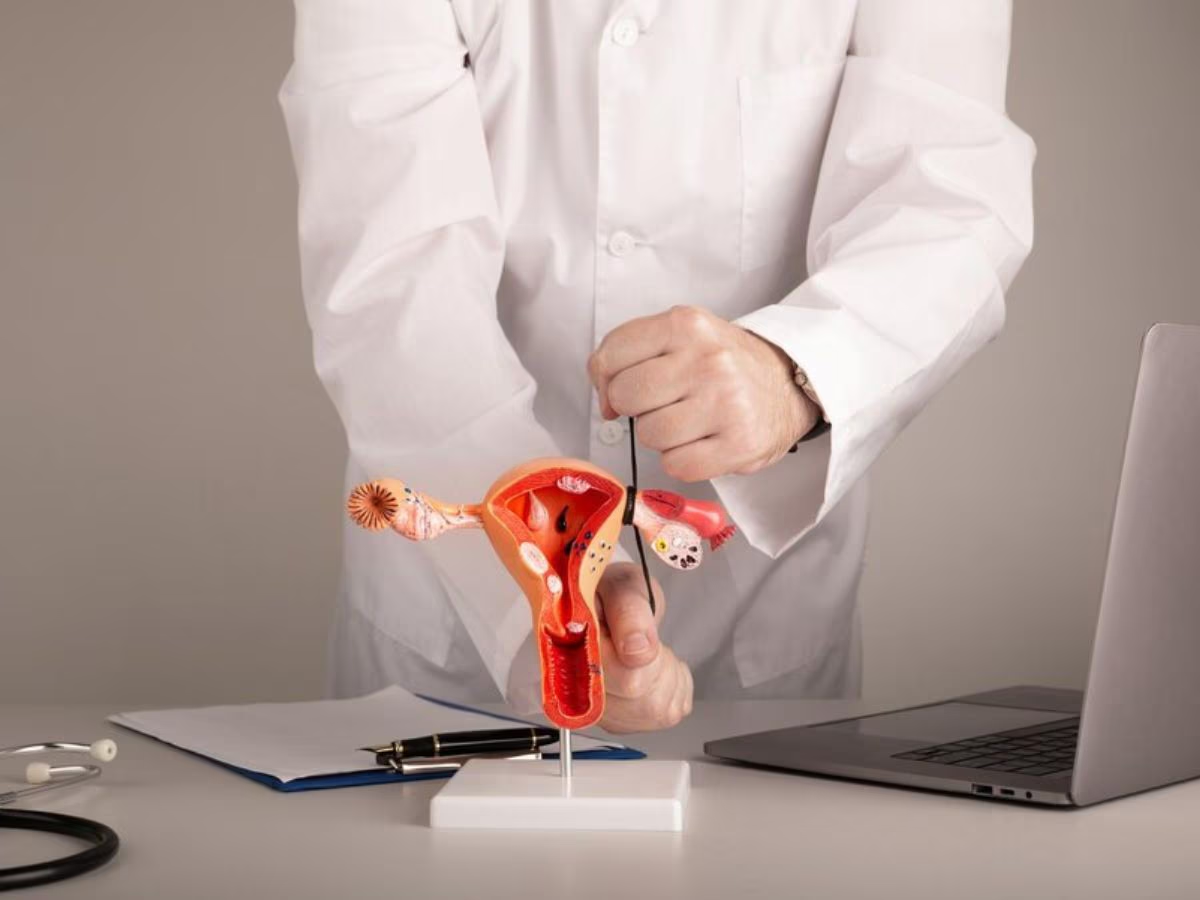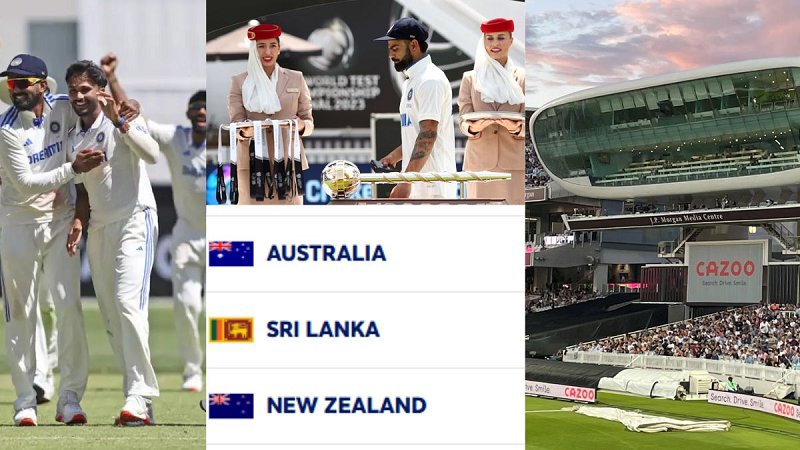Cervical cancer is a serious health challenge for women worldwide. According to Globocon 2020, it is the third most common cancer in women in India. Every year around 6,04,000 cases are reported and 3,42,000 women die tragically.

However, the good news is that cervical cancer is a slow-spreading cancer. This means that it can be detected in the early stages through regular checkups, which makes treatment easier. The World Health Organization (WHO) aims to reduce the number of new cases to 4 or less in every 1 lakh women by 2030. For this, attention is being given to vaccination, testing, and immediate treatment.
Dr. Vani Ravikumar, Senior Consultant and Head of Histopathology at Metropolis Healthcare Limited, said that in the last few years, there has been a lot of progress in the methods of screening for cervical cancer. The Pap smear test is still the primary method of detection, but HPV testing allows for more early detection. The introduction of LBC testing and LBC + HBV testing has helped in detecting abnormalities and reducing unexplained cases. The inclusion of artificial intelligence and digital image processing will further improve the process and accuracy of testing.
Dr. Vani said that different methods are adopted for testing according to age. Primary HPV testing is recommended every five years for women aged 21-25. Women aged 30-65 can get a Pap smear test every three years, a high-risk HPV test every five years, or a combination of the two every five years. The average age for HPV-associated cervical cancer is approximately 51 years, so there is a strong need for targeted testing.
Starting testing in the 25 to 30 age group can help healthcare providers detect potential abnormalities early. This helps optimize the impact of screening programs while taking into account resource allocation in the health care system.
Disclaimer: Dear reader, thank you for reading our news. This news has been written only to make you aware. We have taken the help of general information in writing this. If you read anything related to your health anywhere, definitely consult a doctor before adopting it.
Photo Credits: Google










